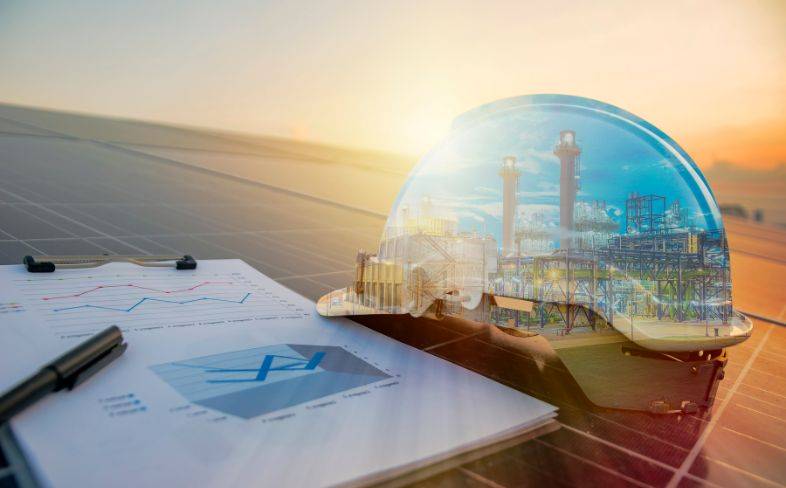Dubai Electricity and Water Authority (DEWA) has reached financial closure for the 2,400MW Hassyan clean coal power project
The project uses the independent power producer (IPP) procurement model on a build own operate (BOO) basis and is supported by a 25-year power purchase agreement (PPA) with DEWA. In June, DEWA had signed the PPA, shareholders agreement (SHA), and other project agreements with the consortium led by ACWA Power.
The total investment in the project is US$3.4bn through Hassyan Energy Company, which is a joint-venture between DEWA (51 per cent) and a consortium comprising ACWA Power, Harbin Electric, and the Silk Road Fund (49 per cent).
The project consists of four 600MW net power units. They will be operational in March 2020, March 2021, March 2022 and March 2023 respectively.
?The Hassyan clean coal power project underlines DEWA?s commitment to achieving the vision of HH Sheikh Mohammed bin Rashid Al Maktoum, Vice-President and Prime Minister of the UAE and Ruler of Dubai, to diversify the energy mix. It also reflects DEWA?s commitment to achieving the Dubai Clean Energy Strategy 2050, which focuses on producing electricity from clean coal as part of Dubai?s energy mix.
?DEWA works to achieve the fifth pillar of the Dubai Clean Energy Strategy 2050, which focuses on creating an environmentally-friendly energy mix, with 25 per cent from solar energy, seven per cent from nuclear power, seven per cent from clean coal and 61 per cent from gas by 2030.?
The Hassyan clean coal power plant will be the first-of-its-kind in the region and is fully-compliant with set international standards, adopting the use of ultra-supercritical technology. DEWA has instructed that the project meets flue gas emission limits more stringently than emission limits in the industrial emissions directive (IED) of the European Union and in the International Finance Corporation (IFC) guidelines. All the necessary environmental studies have been carried out, according to DEWA.



























